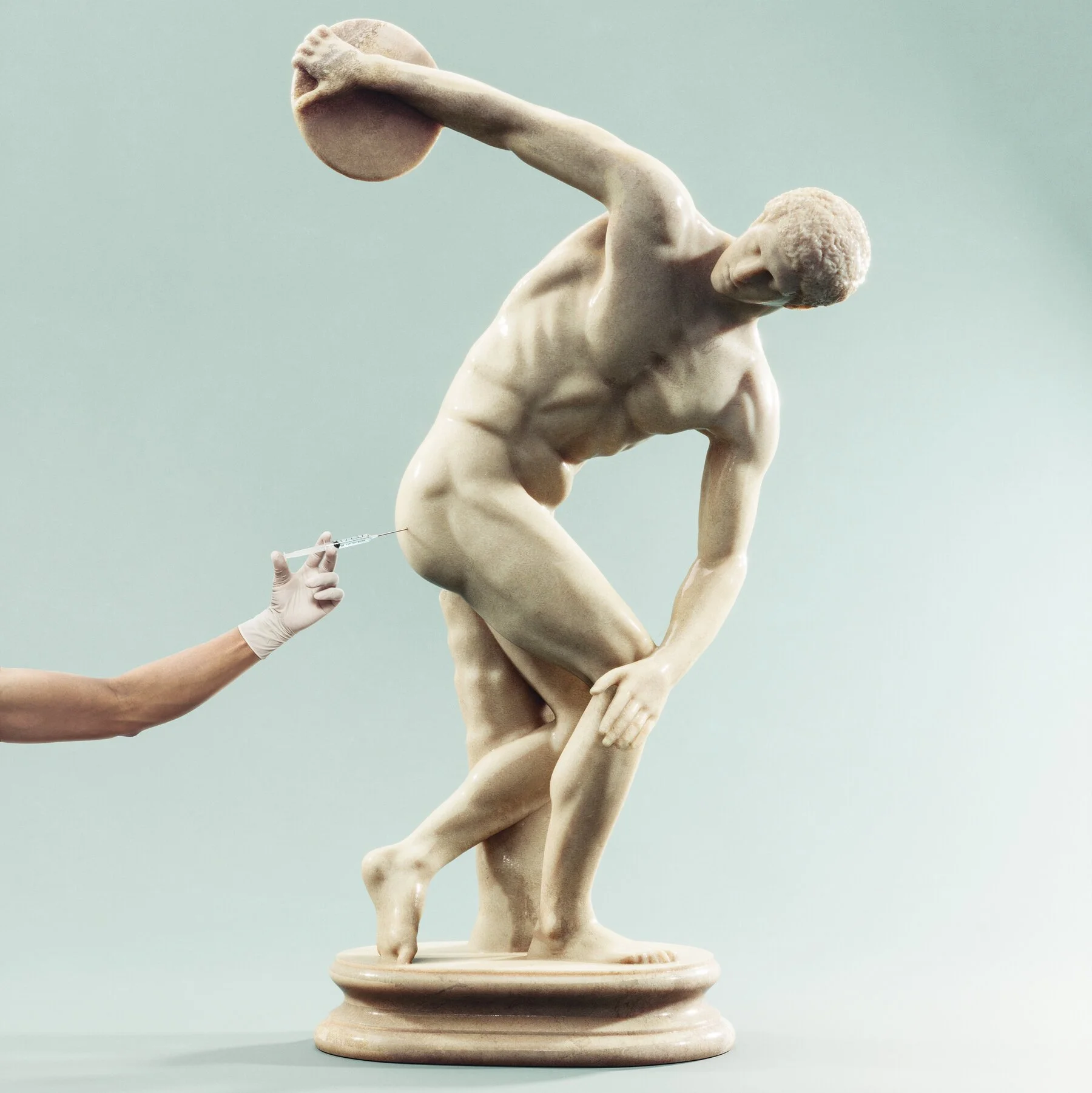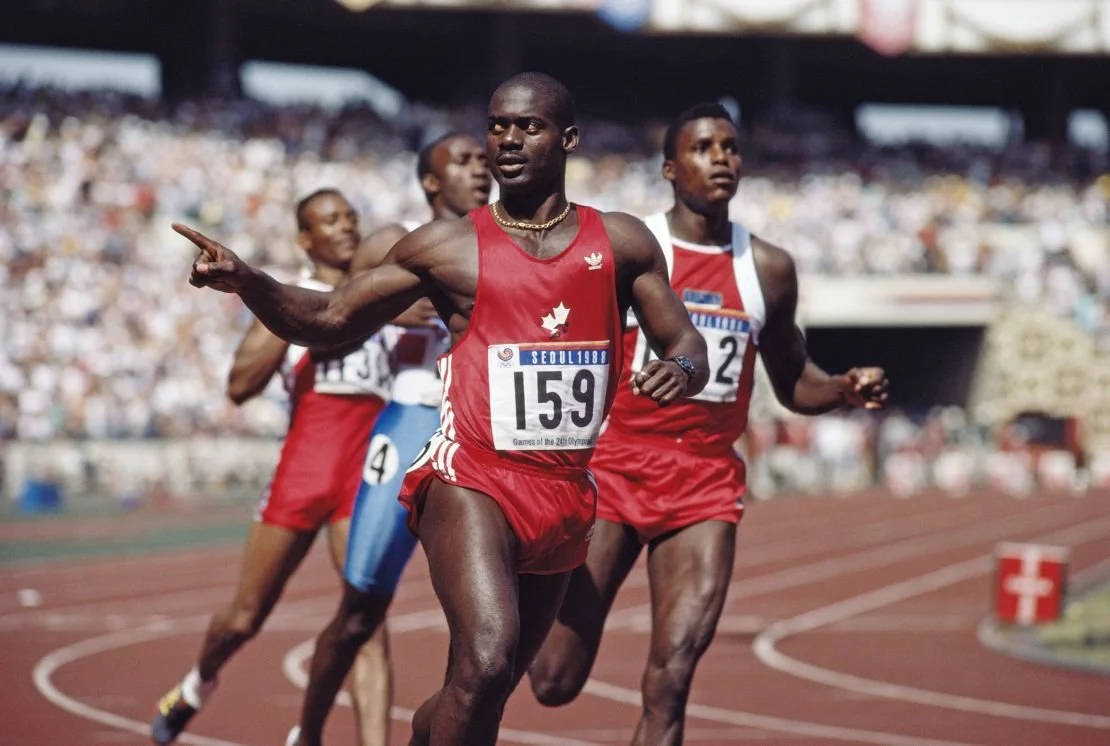A Turning Point for Competitive Sport?
This could be the moment we look back on as a turning point in competitive sport, even if the conversation still feels uncomfortable.
The Enhanced Games.
The idea of upgrading human performance in sport is no longer hypothetical, we've all had that drunken pub chat post game "imagine if...". The Enhanced Games will be the biggest sporting moment we’ve seen in a long, long time. It's unquestionably the most controversial and it’s on track to become reality before the year is out.
As an ex-athlete, I’ll be honest, this is a tricky one. It’s uncomfortable. It challenges a lot of the intrinsic values I’ve built up around sport.
This should be the easiest one to dismiss...but I can’t. I’ve spent my career building businesses that challenge the norm, questioning how things are done and pushing at the edges of convention. This moment feels like it belongs in that same space.
The rise of the Enhanced Games is possibly a predictable consequence of the Olympics’ own commercialisation of sport. It's an incredible platform but some may say it's a system that has turned athletes into influencers (even dare I say it entertainers), prioritising profit over excellence, and paving the way for a disruptor to do the same, only more transparently.
It’s morally uncomfortable, and it will divide opinion, but those of us in the sports industry must at least acknowledge that it’s happening and take the time to understand exactly what it means for competitive sport beyond the auto-response of doped, jacked and juiced up.
Aron D'Souza has raised an eye-watering amount of investment to bring this to life, over $300m at the last count. That’s Super Bowl-level investment (apparently event production at the Super Bowl costs approx. $50m).
The event schedule is being worked on, and they’ve had over 2,000 athletes apply. This isn’t surprising when the vast majority of professional athletes earn less than the minimum wage. James Magnussen, the Australian World Champion and Olympic medallist, is already halfway through his programme.
The only missing question I can see is which country or countries are going to sanction it.
The Enhanced Games raises a million questions about ethics, safety, fairness, and the future of sport. As a passionate leader in sports, these are a few of mine:
Will brands trade moral certainty for massive reach and back what could become the most-watched sporting event in history?
How will we engage with athletes who choose to compete enhanced — with respect, caution, or condemnation?
Where do we draw the line between innovation and risk? Can we truly separate performance optimisation from dangerous enhancement?
Can two value systems coexist in sport, one with “clean” ideals, the other in transparent enhancement?
It's a polarising conversation and I suspect it will not be popular, but I do believe we owe it to the future of sport to keep our minds open, even when the questions make us uncomfortable.
















